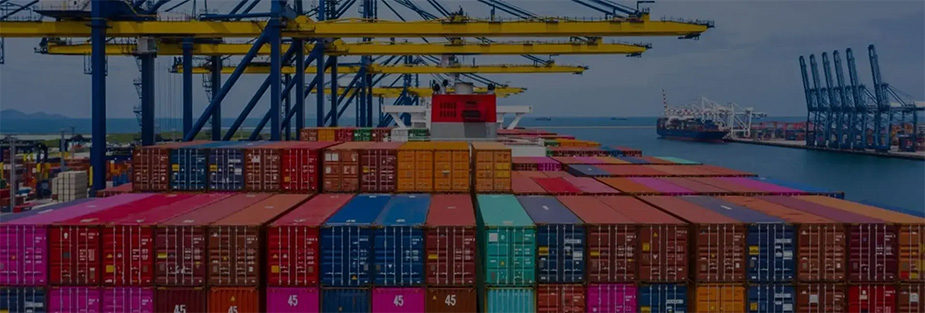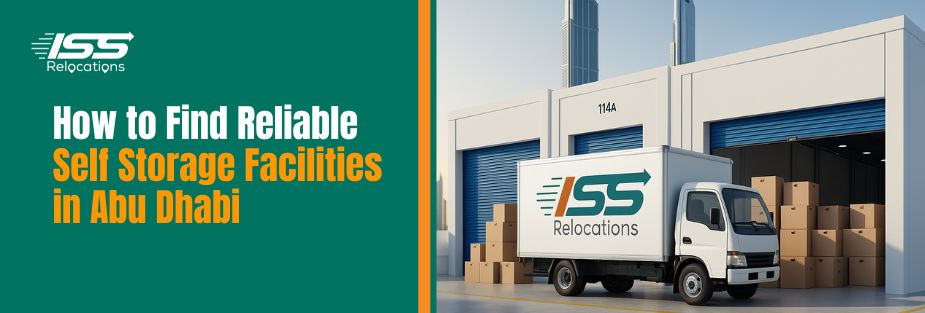
Spending on green freight transport is debated by companies
Sustainable supply-chain goals fail at the procurement stage, say carriers and forwarders
Environmentally friendly options are being offered by freight companies to help shippers reduce environmental impact. The list includes low-carbon fuels for planes and ships, as well as electric trucks. Despite these efforts, shipping executives worry about their clients’ reluctance to adopt these alternatives because of their higher costs. Investing in green alternatives, such as zero-emission vehicles, can double transportation costs.
Sustainability discussions often falter when they reach procurement departments, where proposals to use eco-friendly aviation and marine biofuels for transportation are carefully scrutinized. Alternative fuels that are less expensive but more harmful to the environment are sometimes preferred over eco-friendly fuels.
The transportation and logistics industry is facing a growing division between its environmental aspirations and its ability to put those aspirations into practice as sustainable alternatives to conventional freight transportation move into operation. The industry is facing a critical challenge as a result of this gap.
To reduce carbon emissions, many organizations in the transportation industry are investing heavily in new fuels, infrastructure, and equipment. It can be quite expensive to do this. According to Clarksons, a shipping services provider, the maritime industry alone will spend $3 trillion over the next few decades to eliminate emissions.
Currently, industry stakeholders cannot agree on how to finance essential modifications. According to Boston Consulting Group, 82% of companies are willing to pay more for sustainable shipping options. Even with the extra cost they are willing to bear, a substantial reduction in emissions is not possible.
One such company is Hilldrup, which invests in sustainability initiatives. According to Robert Gallucci, senior vice president of client engagement at GMS, all corporate clients want a company that is eco-friendly and responsible.
“Buying electric and biofuel trucks is very expensive,” Gallucci says. Not to mention the maintenance of these trucks. Investment costs will have to be covered by most transportation companies.”
Electric trucks are three times more expensive than conventional trucks, according to industry experts. Especially in regions of Europe where electricity prices are high, they can be very expensive. Biofuels for marine and aviation are also more expensive than conventional fuels.
Alternative fuels and environmentally friendly modes of transportation may be contributing to the sluggish progress in curbing emissions. It includes planes, ships, and trucks. Despite this, companies are still looking for ways to improve sustainable practices. Customers’ willingness to pay extra for eco-friendly shipping methods will determine the extent of these advancements.
Government support is crucial to fostering the investments necessary to improve sustainable transportation alternatives, according to numerous freight and logistics companies. Moreover, governments worldwide are enacting regulations to manage and enhance green freight initiatives.
By 2035, California intends to eliminate diesel trucks from its ports in favor of hydrogen- and battery-electric vehicles. In the meantime, the Biden administration has proposed more stringent emissions standards for heavy-duty trucks.
“When the government gets involved and issues federal mandates that require transportation companies to have eco-friendly trucks and equipment to operate, we may see a tariff charge to offset the cost.” Hilldrup said On the government mandates.
As you can see, regulators are exploring ways to encourage sustainable practices in shipping. In the coming year, the European Union plans to impose a carbon-emission tax on ships docking at its ports.
By 2040, the EU aims to reduce emissions from trucks and coaches to near-zero levels
The EU has set new targets for reducing road pollution, which accounts for a fifth of greenhouse gas emissions. By 2040, trucks and buses will be required to reduce emissions almost to zero.
For heavy goods vehicles, the European Commission introduced more stringent CO2 limits in February. By 2040, trucks must reduce emissions by 90% and city buses must have zero emissions by 2030. The aim is to align the transportation sector with the EU’s 2050 target of zero net greenhouse gas emissions. Additionally, it will reduce the demand for fossil fuels imported from abroad.
Manufacturers would be required from 2040 to reduce CO2 emissions from new trucks by 90% compared to 2019 levels. It is true that some EU countries, which must negotiate the final law with the European Parliament, have expressed concern that zero emissions by 2040 is too soon for manufacturers, however, the 90% target falls short of the zero-emissions goal sought by some countries, including the Netherlands.
According to Frans Timmermans, the EU’s climate policy chief, the bloc does not recommend a 100% reduction of emissions due to uncertainty regarding when zero-emission technologies will be available for all trucks, including those operating in mountainous areas.
Is there a sustainable future for the freight industry?
Hilldrup’s Gallucci says that while currently he does not believe that clients are willing to pay additional fees for biofuels or electric vehicles, “it may happen in the future that transportation service providers have to build in a fee to cover the expenses.”
Many in the industry anticipate clients will be willing to pay higher prices for sustainable shipping methods in the future. Consumers are placing a greater emphasis on sustainability. Europe’s seven largest truck manufacturers have committed to stop selling vehicles that emit emissions by 2040. It is not always easy to achieve green freight goals.
The challenge of decarbonizing large trucks is more challenging than decarbonizing passenger cars since heavy loads and long distances make battery-powered engines less practical.
Additionally, policymakers face a challenge when setting targets for the freight industry, since too strict targets could negatively impact the supply chain. Small and medium-sized freight companies may not have the resources to easily upgrade their vehicles.
Efforts are being made to use freight transport that emits no emissions. As consumers become more aware of environmental issues, businesses are becoming more eco-friendly. The industry is moving towards zero-emission freight transport because of all these factors.
Plan Stress-free Move with Top Moving Company in UAE - ISS Relocations

Moving Company - Recent Blog
Stay informed and prepared for your next move with our latest blogs on moving services in the UAE. From expert packing tips to international relocation guides, ISS Relocations brings you up-to-date insights to make your moving experience smoother, safer, and stress-free.










